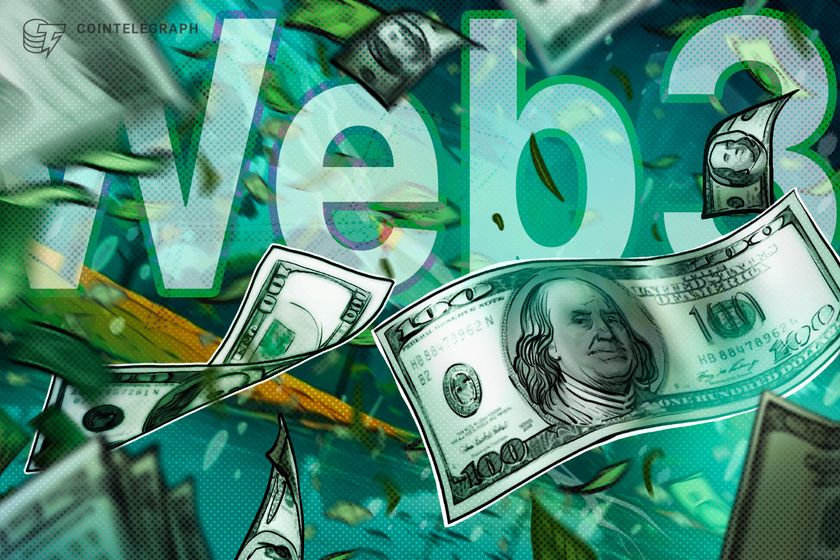Crypto regulation has come a long way. No longer is it a pass-off game between various government bodies: Digital assets now have dedicated overseers in a lot of regions.
One of the pioneers in the space is Dubai’s crypto regulator, the Virtual Assets Regulatory Authority (VARA). What sets VARA apart is its ability to effectively communicate guidelines and regulation to crypto firms, according to its senior official.
“Set and forget does not work for crypto, it’s all about feedback and open channels,” said Sean McHugh, senior director of market assurance at VARA. “Since we are exclusively focused on crypto, it allows us to get a little deeper into the tech and our rules are written for the modern-era.”
Dubai has become a crypto darling, emerging as one of the preferred choice for non-native crypto firms to set up shop and gain access to the region and beyond.
“Dubai is seen as a great jumping off point. We’ve seen a lot of [crypto] firms from Europe and beyond coming here and the reverse is also true, we see a lot of companies from other side of Asia come here. It’s a strategic move and the regulatory clarity helps them,” McHugh added.
Tokenization and beyond
Real world tokenization, or RWA, is gaining lot of traction in Dubai and for good reason. The region’s real estate agency, the Dubai Land Department (DLD), recently started a pilot to register and transfer property deeds on the blockchain. The tokenization initiative is being fostered by VARA and the Dubai Future Foundation (DFF).
The integration of real-estate into blockchain could bolster the city’s massive property market. DLD expects tokenized real-estate to jump to 60 billion dirhams ($16 billion) by 2033, accounting for 7% of Dubai’s total property transactions.
McHugh, speaking to CoinDesk at VARA’s office, believes that real estate is just the beginning.
“It’s very popular, not just in Dubai, but beyond. Dubai has the ability to get things done quicker,” he said, adding that they are also seeing a lot of precious metal tokenization projects.
VARA, with its nimble approach to regulation, is closely watching the space, he said.
“Whether it’s real estate, precious metal, or some other asset, a big part of my focus on this is customer protection. So, especially when you get to fractionalization it brings in a lot of new capital and retail investors, that need to be protected,” he said.
“We ask a lot of questions when it comes to RWA projects, what is the token? what exactly do I own? What does it trade and who is the liquidity provider? Cause for investors (institutional or otherwise) they need a liquidity event to get out. And these are the type of things we drill down with each project,” McHugh emphasized.
Interagency collaboration
The Donald Trump administration has openly advocated for crypto in the U.S. and in the opinion of industry leaders pushed other regions to follow suit. That’s not necessarily the case in the UAE, especially with VARA, which was created three years ago, long before the U.S. President became an open proponent of digital assets.
McHugh believes that interagency cooperation will be key for global crypto regulation, but does not see any particular agency leading the charge.
“I don’t think we’d see some super regulator, regional or otherwise. I think each agency is focused on its own customers,” he said, adding that memoranda of understanding (MoU) and open communication between governing bodies is the way to successfully watch over crypto.
Whether it’s exchanges, Web3 or RWA, the future of crypto in Dubai looks bright and McHugh, who was the former chief compliance officer at Citadel, said he feels that one of the main reason for that is the pro-business and start-up nature of the city.

